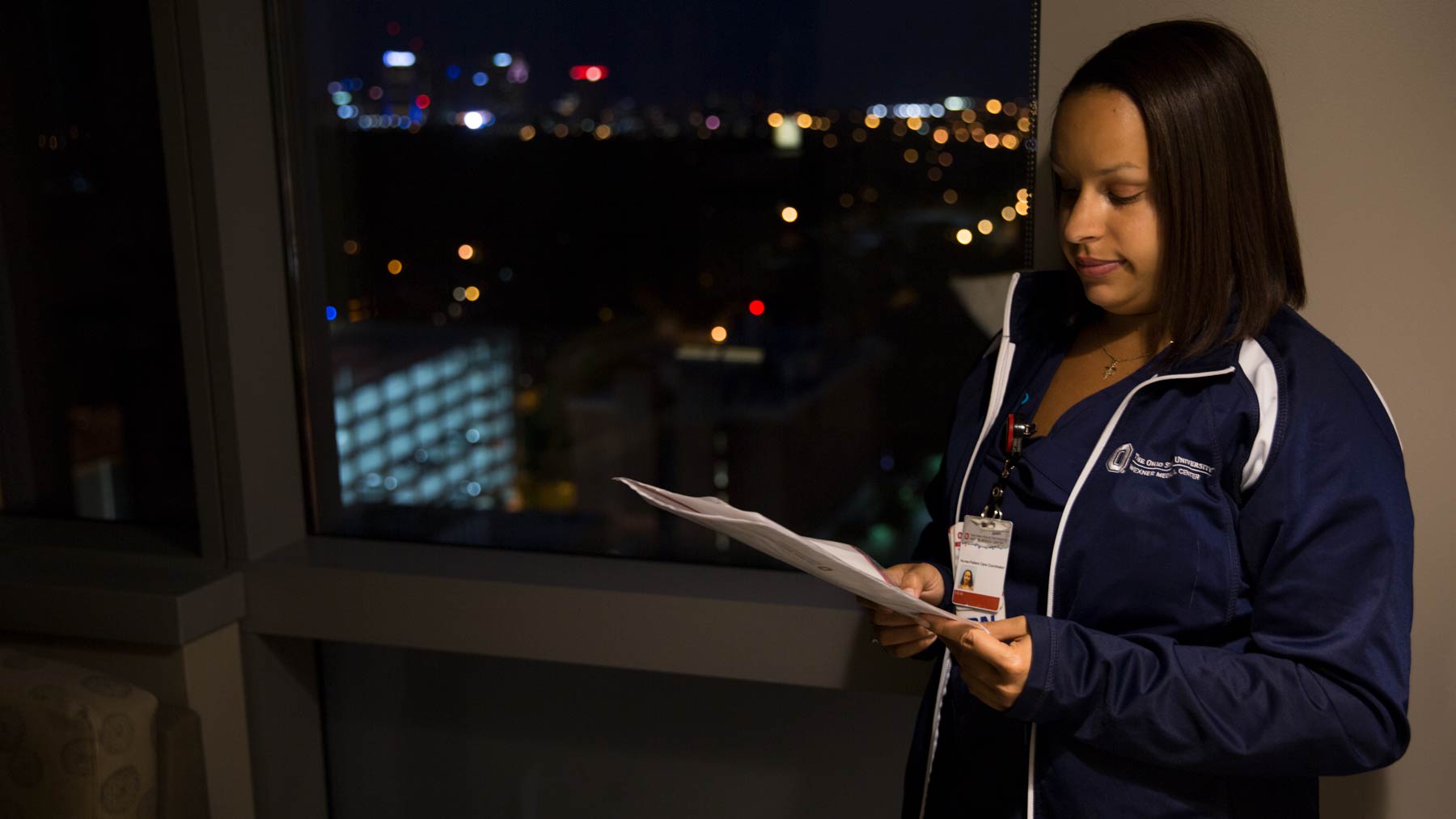6 tips for better sleep on the night shift

Your body says it’s time for bed, but you’re just getting the day started, with about 15 million other Americans who work night shifts.
Second- and third-shift workers fight their circadian clock – the internal clock of when your body wants to be awake and when it wants to sleep. We’re naturally programmed to be alert in the day and gradually get sleepy in the evening, with the least alert time occurring around 2 to 6 a.m. Many shift workers are trying to sleep during the day and stay awake at night to work, leading to complaints of trouble sleeping and staying alert on the job.
Good, restorative sleep is hard to come by on the night shift, especially for those who have family commitments during the day. But it can be done with a little discipline.
Try these tips:
- Sleep in a cave – The bedroom should be cool, dark and quiet, with no phone or electronics available. White noise or a fan can help block outside noise.
- Protect your sleep – Let friends and family know it’s your sleep time and that you can’t be disturbed.
- Work, home, sleep – Use the hour after getting home from work to wind down and then get to bed. This isn’t the time to exercise, socialize or check email. Reading, soothing music or a warm bath or shower can help you relax.
- Sleep aid common sense – Think for a moment before you pop a sleeping pill. While sleep aids can help you fall asleep, make sure you have enough time to allow them to leave your system before it’s time to wake up.
- Aim for 7-8 hours – Get up after about eight hours of sleep. If your lifestyle doesn’t allow you to get it all at once, try getting one larger block of sleep and then a short nap right before work.
- Wake and work in light – Expose yourself to bright light as soon as you wake up and during your work shift to help you stay alert. Light is the strongest influence on the circadian clock.
In a perfect world, a shift worker should stay on the same sleep schedule even when they’re off. However, that’s not very realistic.
Good sleep is a big deal for night shift workers. Chronically short sleep time is associated with heart disease, stroke, diabetes, high blood pressure and obesity. It also makes it harder to think on the job.
If you’re following the tips and still have trouble falling or staying asleep, or if you’re not functioning well at work or driving drowsy, then it’s time to see your doctor.




